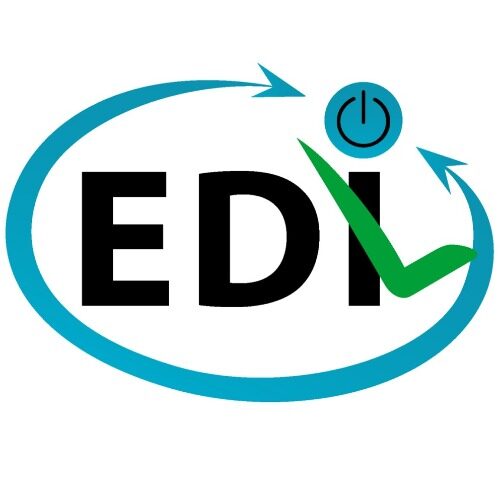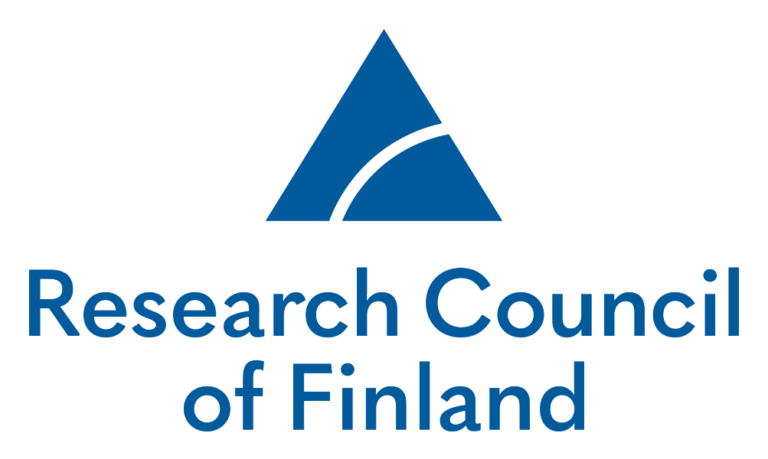
Employee-Driven Learning and Innovation as Multi-Perspectival Phenomenon: Longitudinal Ethnographic Research from Police and Technology Work Contexts (EDLI)
Funders

Leaders
Continuous learning and innovation have come strongly to the fore in working life research. Innovation typically refers to new types of
methods, ideas and products or innovation activities and processes. Continuous learning have been approached as adult learning during the working career, especially workplace learning. In this research, workplace learning refers to the learning practices of individuals and
groups in, for and through the workplace within which innovation processes take place. There is strong research evidence that in the
organisational context, continuous learning enhances and produces innovations and innovative behaviours. In the same vein,
innovations have been described key in promoting the operational capacity of organisations and creating a more broadly sustainable
society.
However, these perspectives require closer scientific scrutiny for three reasons:
1) Innovation and learning are generally approached in working life research from an economic perspective, whereas it would be more important to look at what other values they might have and for whom;
2) learning and innovation at work have been taken for granted as positive phenomena, while, in the absence of critical research, negative consequences, conflicting aims and unwanted events have been overlooked
3) innovations have often been seen in research as large top-down processes or breakthrough products created by specific groups when it would be
equally important to also examine the daily activities and solutions of individuals and groups.
In this study, I aim to identify and examine these scientific shortcomings by conducting longitudinal ethnographic research with two different organisations: a police organisation and a technology company. The purpose of my research is to increase multi-perspectival and sociocultural understanding about employee-driven learning and innovation (EDLI). The research data consists of interviews, observations and mobile ethnographic
data. Various methods of qualitative analysis and analytical frameworks are utilized in the analysis phase. This research reveal unique empirical aspects of the EDLI as a phenomenon as well as, via scientific breakthroughs that develop our thinking and expectations of innovation and learning in the workplace, also extend EDLI theory to support the development of continuous learning in national and international levels. It also provides practical ideas and tools to support EDLI in workplaces


